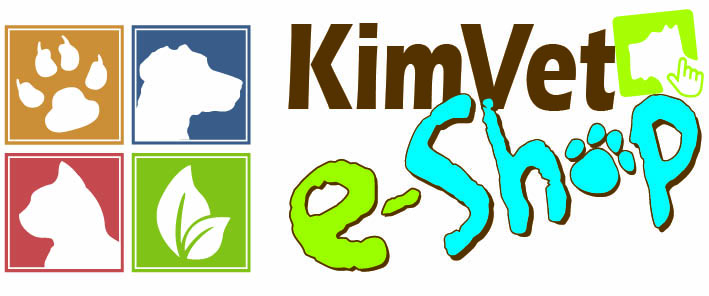Your pet has been bitten by a snake… What now?
We can attest that this is of every pet owner’s worst nightmare. One of them at least.
Snakes become more active once the weather warms up. There is a steep increase in snake bites during warmer weather, and we have seen an enormous amount of snake bite cases over the last few months.
To make this even worse, there is no antivenom available anywhere in South Africa.
A snake bite is classified as an emergency. This means that you need to get your pet to a vet ASAP. They will be treated promptly with intravenous fluids and antivenom, should there be available.
The first question we’re going to ask is, what snake was involved? This information is very important as it greatly influences the prognosis and treatment plan. There is no need to kill the snake, this places you and your pet at unnecessary risk. A basic description of the snake will do just fine.
Another will be whether your pet has received antivenom before, this could also influence the treatment plan.
Most pets are bitten around the face and limbs. Some have venom spat into their eyes, in this case, try to rinse your pet’s eyes with running water if they allow, then get to the vet for further treatment.
Snake Bite Symptoms To Look Out For:
While you may not always see the bite marks, there are some key symptoms to look out for.
Profuse salivation, swelling, especially around face, neck and limbs, rapid and shallow breathing, shivering/shaking, vomiting, dilated pupils, weakness and in severe cases, total collapse.
Symptoms will vary depending on the type of snake. Some are cytotoxic (eg. Puff Adder), others neurotoxic (eg. Cape Cobra) and haemotoxic (eg. Boomslang).
If you suspect your pet has been bitten by a snake, call your vet ASAP. Snake bites are emergencies, and the quicker the treatment can begin, the better the chances are for survival.
While we realsie that this is not always possible, preventing a snake encounter is best. If you encounter a snake on your daily walk, stop moving and slowly retreat, giving the snake room to escape. Do not allow your dog to sniff at the snake. If you’re in a known snake habitat, keep your dog on a leash, and preferably keep to open trails where snakes are easier to spot. If your dog is particularly curious and pawing at something, call them away from the area.
Prevention is better than cure, and it is better safe than sorry.
For more information on snakes and snake bites, please visit the African Snake Bite Institute website: https://www.africansnakebiteinstitute.com/snakebite/#pets

